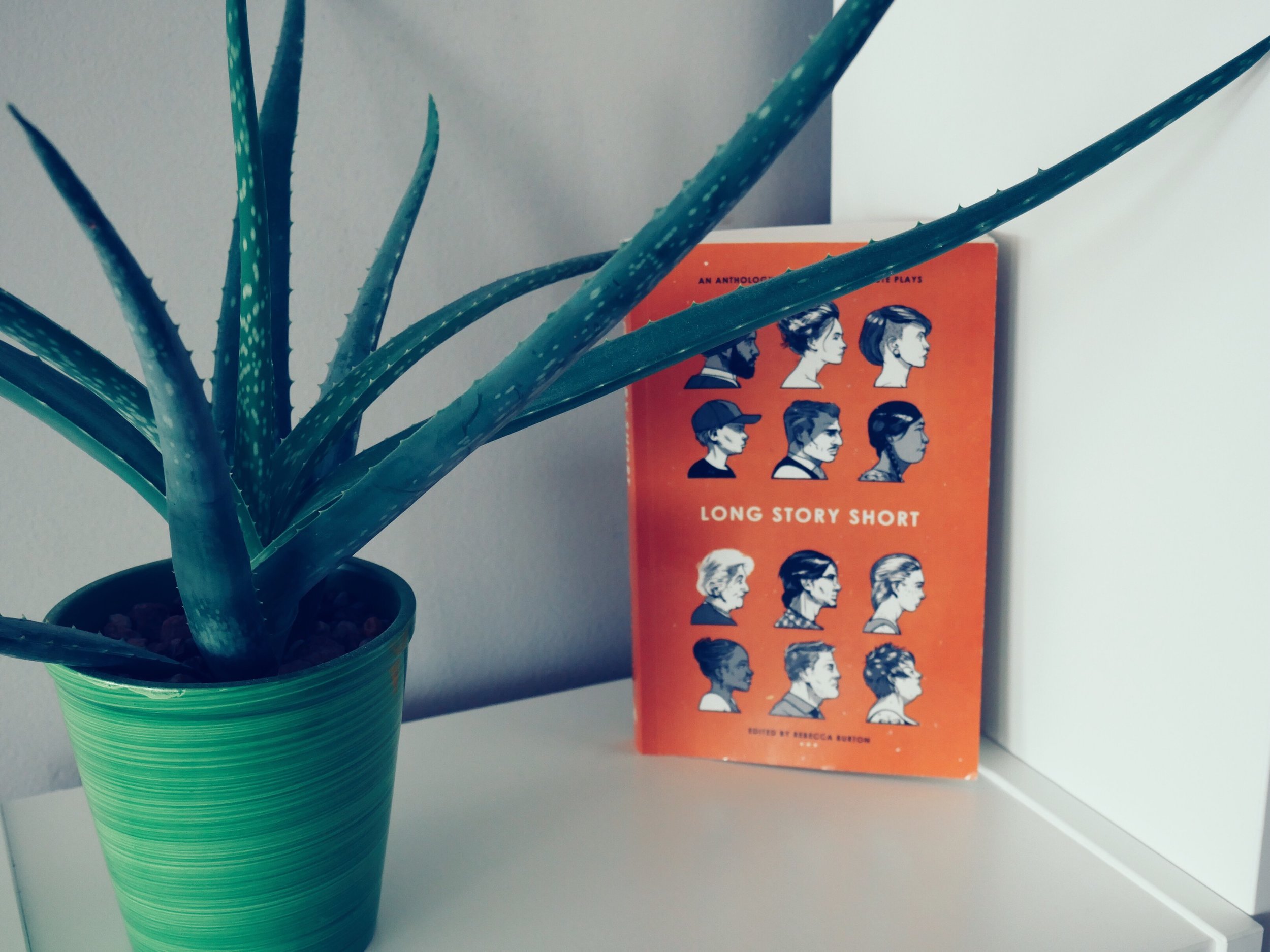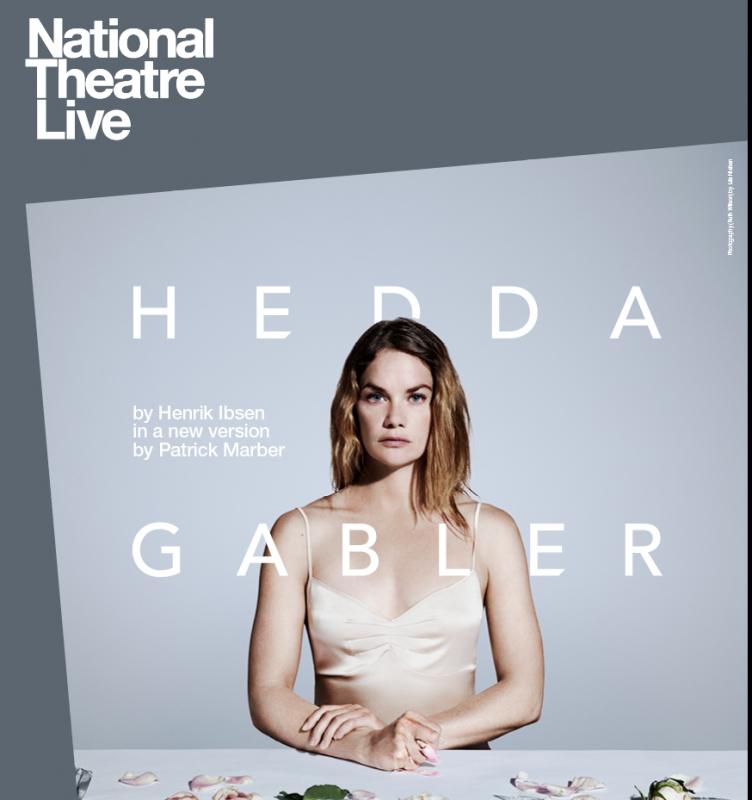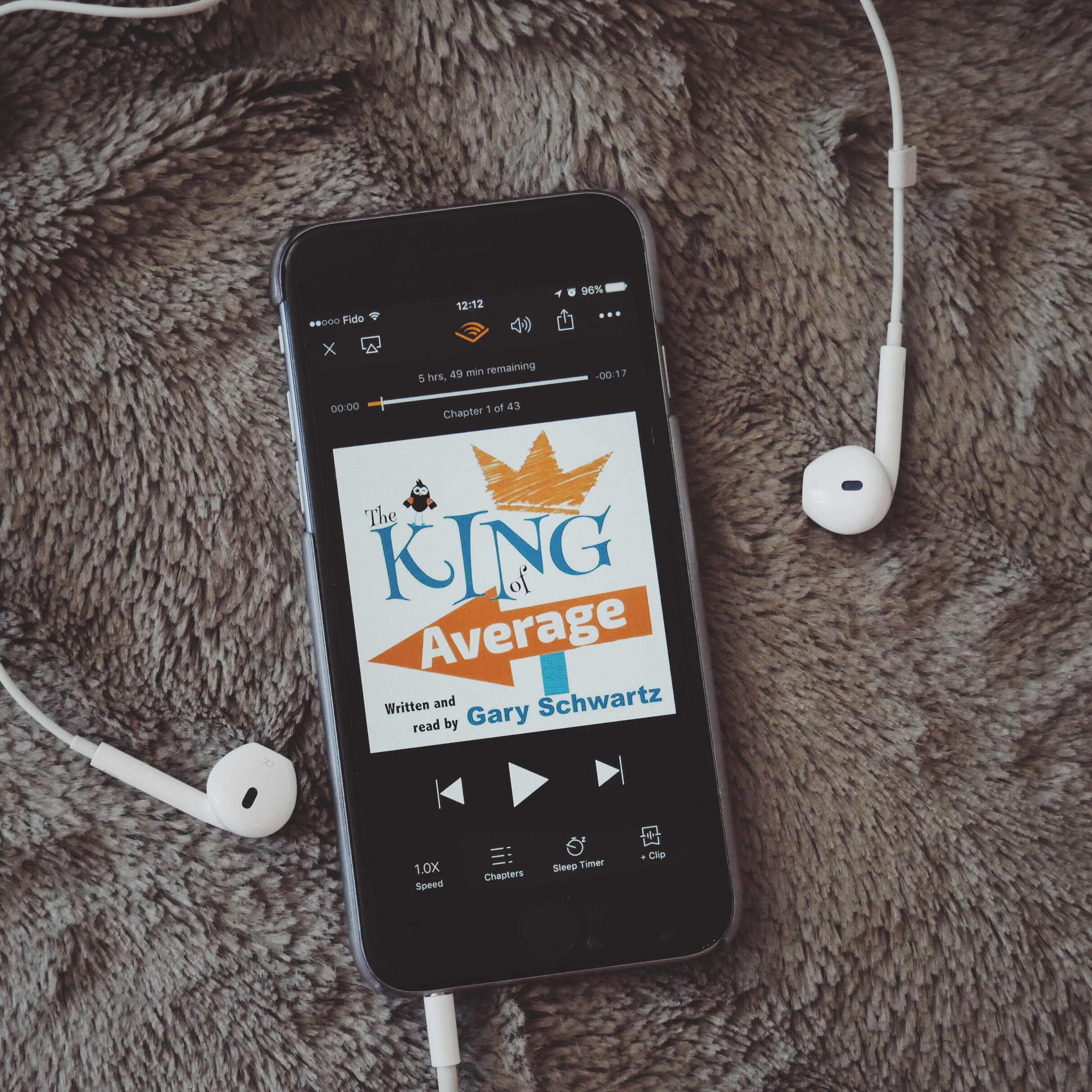Book Review: Long Story Short: An Anthology of (Mostly) 10-Minute Plays
I was provided a copy of this anthology by Playwrights Canada Press in exchange of a free and honest review.
“Long Story Short” is an anthology of short plays by Canadian playwrights of diverse backgrounds. The introduction by Rebecca Burton gives insight into how she picked the plays and on the background of the authors. Selected plays are intended to appeal to a variety of readers and variety of tastes as they range in genres from satire and comedy to absurdist and dystopian and encompass an array of topics from coming of age, love, relationships, race, gender norms, and death. Every read is bound to find something to their taste.
I have never had a pleasure of reading anything so diverse in genre and style. I found this idea extremely thrilling: an anthology of plays without one topic or common genre or one idea that would bind all of those stories together. With only one common ground of (relatively) short length, they are like mismatched beads, glass and seashells on a single thread. With so many of authors of different backgrounds involved, it is astounding how all of those talents shine individually as well as together.
I fell in love with this anthology almost from the very beginning. I did have a couple of instances when I was left confused or detached after finishing the play, however, the overwhelming majority of works left me reeling with emotions and thoughts. I couldn’t wait to review this anthology, only to be left stumped about how to approach something so different.
Eventually, I decided to do an overall review and provide a quick synopsis and rating for each play as they all deserve a mention.
The Book of Daniel by Lawrence Aronovitch
Summary: A man recalls his schooldays at a Jewish school.
Rating: 3 stars
The Baited Blade by David Belke
Summary: A young movie star comes to a veteran actor to receive a lesson in swordsmanship. Dark secrets are revealed.
Rating: 5 stars
Green Dating by Chantal Bilodeau
Summary: A teenage girl has very specific environmental ideas about what she wants in a man.
Rating: 4 stars
Sisters by Per Brask
Summary: A homage to Chekhov’s Three Sisters
Rating: 3 stars
Cook by David James Brock
Summary: The private cook of a demanding family interviews a boy who wants to be their next meal.
Rating: 4 stars
The Auction by Trina Davies
Summary: A married couple fights over the junk that the husband keeps buying.
Rating: 5 stars
Air Apparent by Sandra Dempsey
Summary: Aisling struggles with the aftermath of 9/11
Rating: 4 stars
Summer’s End by Francine Dick
Summary: Three sisters inherit the family cottage but one of them has quite different plans for it.
Rating: 4 stars
Pee & Qs by Josh Downing
Summary: Three men find themselves in an awkward situation as they face the workplace washroom rules.
Rating: 4 stars
The Prisoner by Jennifer Fawcett
Summary: In an unnamed country, a widow comes to prison to ask a guard about what happened to her husband and warn him about his fate.
Rating: 4 stars
This Isn't Toronto by Catherine Frid
Summary: An adult daughter and her mother have a conversation.
Rating: 3 stars
Troupe by Ron Fromstein
Summary: Four women attend the hundred and tenth meeting of Khodoriv Dance Collective
Rating: 2 stars
Brother, Brother by Meghan Greeley
Summary: A little girl with speech impairment needs to learn important words and asks an older boy to help her.
Rating: 4 stars
It’s Going To Be a Bright by Matthew Heiti
Summary: Two people break up and break up again. And again.
Rating: 4 stars
Garbed in Flesh by Arthur Holden
Summary: An old sexual offender is interrogated by a young detective and is confronted by his wife.
Rating: 3 stars
A Recipe for Tomato Butter by Florence Gibson MacDonald
Summary: A sixty-year-old woman contemplates God, tomatoes, 9/11 and her neighbours.
Rating: 4 stars
The Living Library by Linda McCready
Summary: A young woman borrows “a human book” from the library.
Rating: 3 stars
Flesh Offerings by Yvette Nolan
Summary: A Cree/Metis woman in Wild West show invites you to her performance.
Rating: 3 stars
The Only Good Indian by Jivesh Parasram
Summary: a standoff between a suicide bomber and a police officer
Rating: 5 stars
A Friend for Life by Talia Pura
Summary: Kristy is heartbroken, because her boyfriend came out as gay and dumped her.
Rating: 3 stars
An Ordinary Guy by Ann Snead
Summary: Jeff is an ordinary guy with an unusual attachment to tomatoes
Rating: 5 stars
Say the Words by Donna-Michelle St. Bernard
Summary: Everything you have heard about feminists is totally true.
Rating: 5 stars
Steps by Jose Teodoro
Summary: People in formal clothes fret and dance to Miles Davis “Flamenco Sketches”
Rating: 4 stars
Nancy by Michael Wilmot
Summary: A boy comes across an elderly gentleman sitting in the park.
Rating: 4 stars
Burusera by Laura Mullen and Chris Tolley
Summary: Used underwear for sale.
Rating: 4 stars
I think all of my most favourite plays involved death or murder in one way or another (oops) but I enjoyed all of the plays for their diversity and unique taken on various facets of humanity, from ugly to touching.
I am incredibly grateful to Playwrights Canada Press for providing me with the copy of this anthology for review. I will be definitely re-reading this one more than once. Overall rating: 4.5 stars












